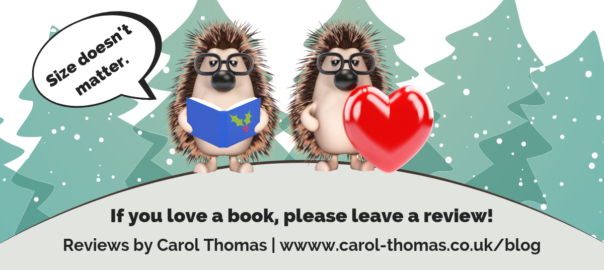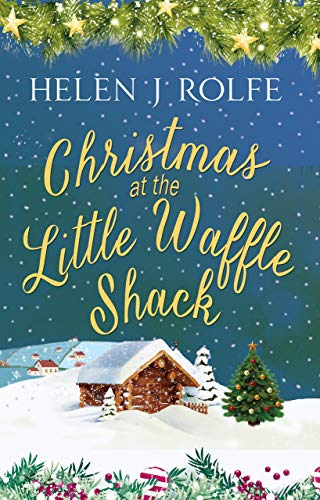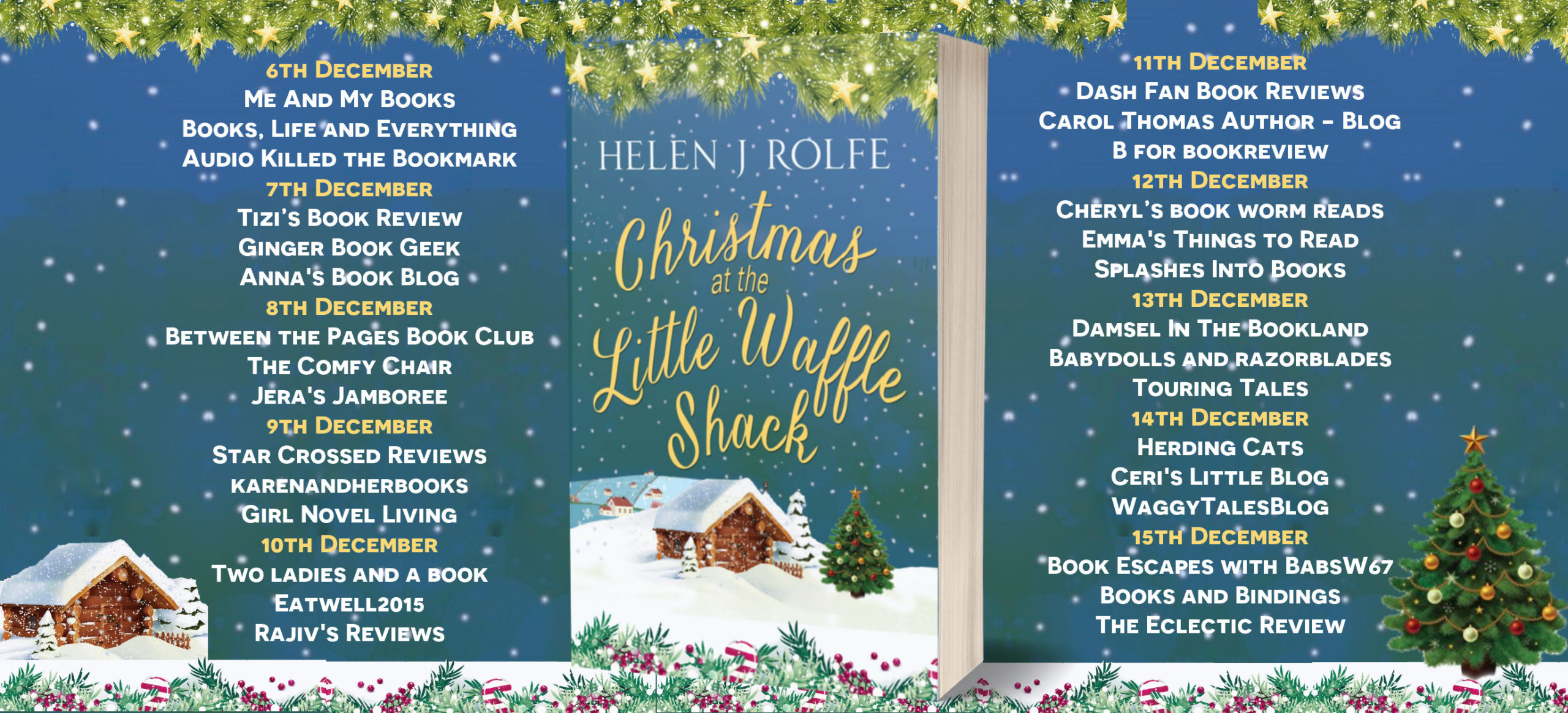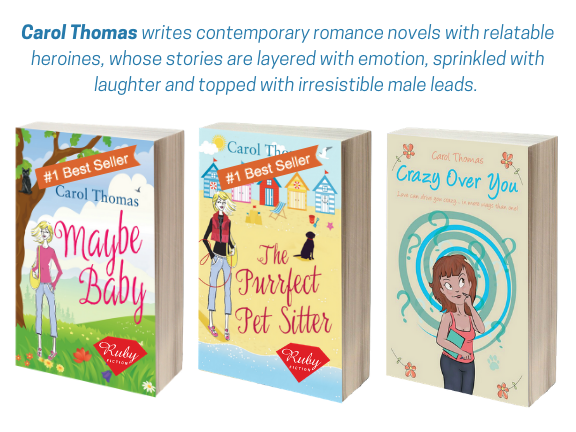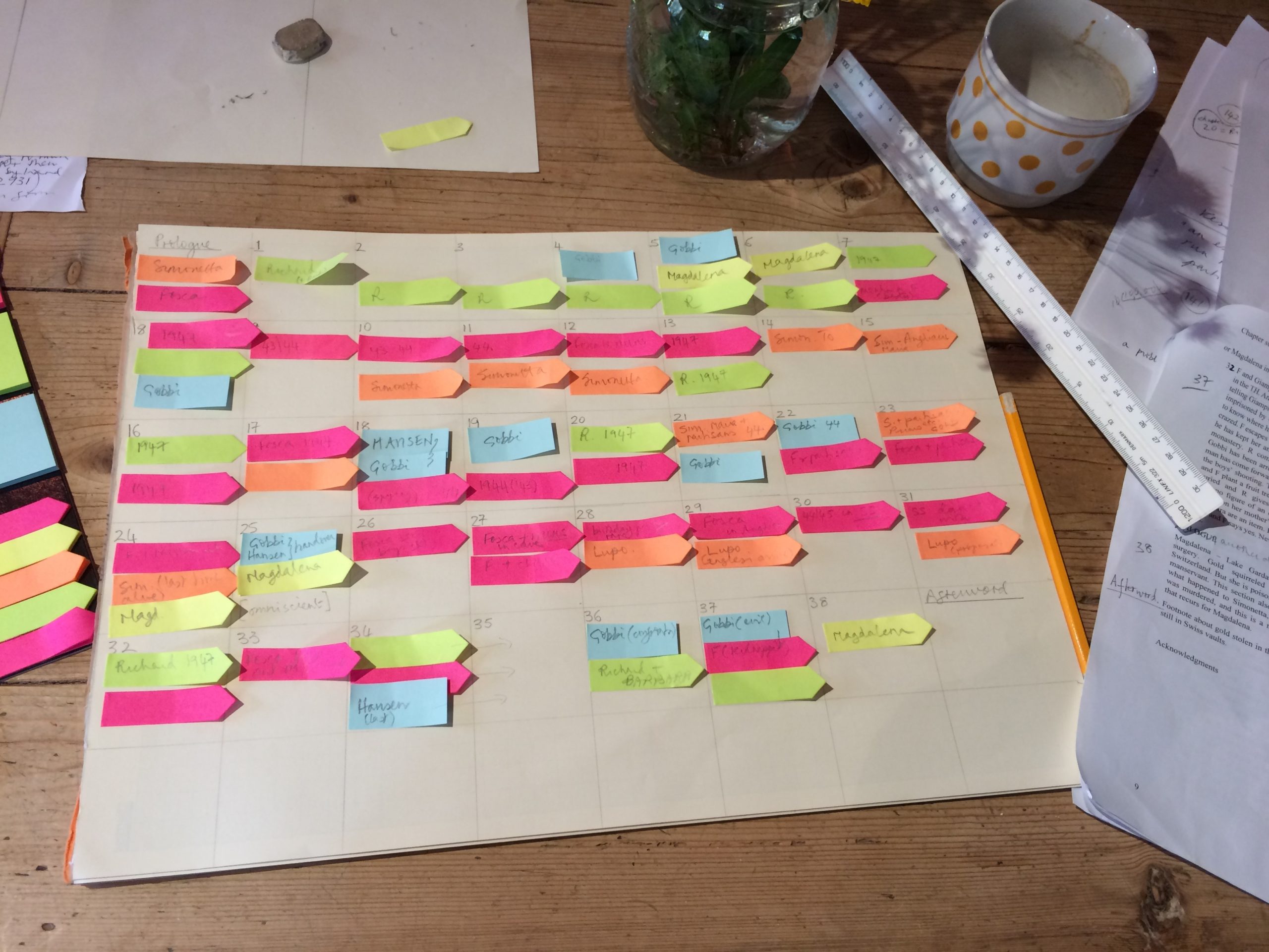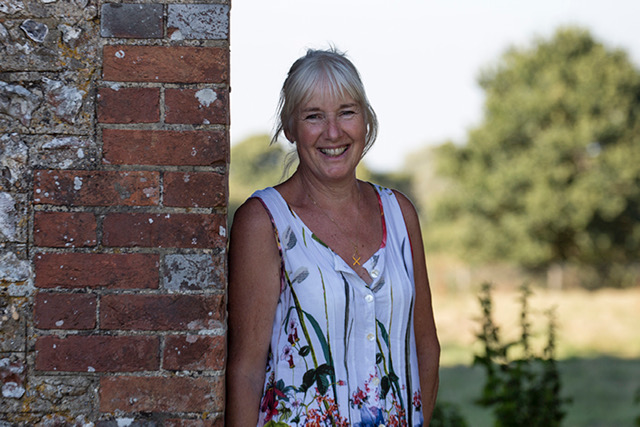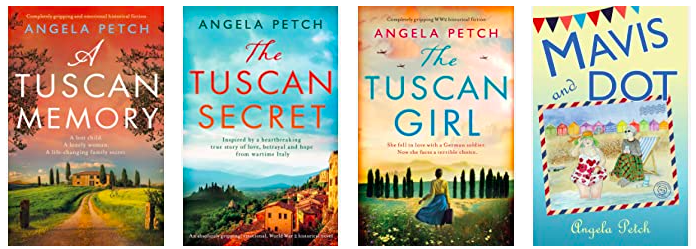Today, I am delighted to join the blog tour for Helen J Rolfe’s Christmas at the Little Waffle Shack.
The blurb:
Heritage Cove is in full swing for the festive season and as the temperature dips, who will be lucky in love this Christmas?
It’s December in Heritage Cove and along with the village Christmas tree, frosty mornings and the promise of the most wonderful time of the year, the new waffle shack is about to open. And its owner isn’t a stranger to the Cove, because after all this time, Daniel is back to make amends with his brother Harvey – as well as a few other locals he might have offended along the way.
Fairly new to the village, local blacksmith Lucy has kept up the pretence of being with her ex for the sake of his gran but she’s fed up with all the lies. Determined to come clean and live the life she wants to live, she’s devastated to find that her attraction to Daniel is tainted by the fact he’s hiding a few things of his own. And his secrets are ones she isn’t sure she’ll ever be able to get past.
Heritage Cove is full of friendship and community; it’s a welcoming place people visit and never want to leave. But will it work its magic for Daniel and Lucy?
My review:
This was a sweet (in more ways than one) festive read, with plenty of feel-good family and friendship filled moments. I liked both Lucy and Daniel and was interested in learning more about them as the story progressed. The ending is all the more lovely as a result of the issues they have to overcome.
I loved Heritage Cove and its inhabitants, who were warm and welcoming and a pleasure to spend time with. The community Christmas tree sounded a delight, as did the waffles served in Daniel’s waffle shack. The descriptions frequently made me hungry!
This is the second in the Heritage Cove series but can easily be read as a standalone story (I hadn’t read the first). Overall, it was a sweet festive read, ideal for snuggling up with on a winter evening.
Follow the tour here:
About the author:
Helen J Rolfe writes romantic fiction and contemporary women’s fiction and enjoys weaving stories about family, friendship, secrets, and community.
Location is a big part of the adventure in Helen’s books and she enjoys setting stories in different cities and countries where she thinks her readers might like to escape to.
Helen loves to hear from readers so please don’t hesitate to get in touch. She can be found via: website | Facebook | Twitter | Instagram
Many thanks to Helen J Rolfe for the great read, and thanks to Rachel Gilbey of Rachel’s Random Resources, for inviting me to take part in the tour and providing an advanced read copy.
